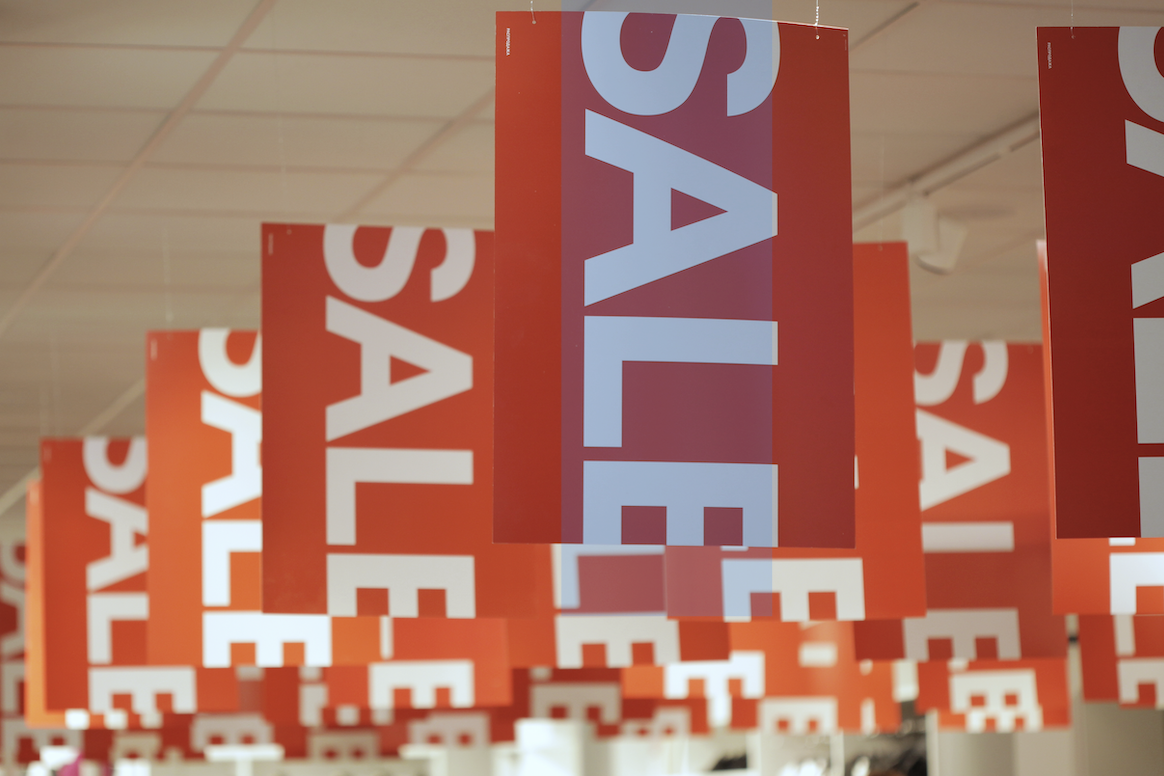Time to read : 4 Minutes
What do worldwide housing and stock market slumps, rising inflation rates, energy shortages, the fallout from the COVID-19 pandemic and the upheaval of the Russia-Ukraine war have in common?
They all point to the dreaded ‘R’ word: recession.
Last week, after the RBA hiked official rates to a nine-year high, Treasurer Jim Chalmers said plainly,
“The storm clouds are gathering again in the global economy.”
But will Australia be hit by the worst of it?
In short, probably not – although it’s likely a lot of households are and will continue to properly feel the pinch.
What is a recession anyway?
The most common definition of a recession is two consecutive quarters where a country’s Gross Domestic Product (GDP) decreases.
🌏 GDP is the total market value of all goods and services produced by a country over a specific period.
📉The last time the Australian GDP fell over two consecutive quarters was in early 2020, following the initial impact of the pandemic.
😮💨The economy bounced back to pre-pandemic levels surprisingly quickly, by the end of that year.
It’s a bit more complicated than that though.
Along with decreasing GDP, during a recession the numbers of households and businesses struggling to pay back loans and the numbers of businesses closing down is high.
This has a knock-on effect on jobs, which leads to a spike in the unemployment rate.
Household spending, which accounts for about half of Australia’s economic growth, can be a precursor to a recession. When spending goes down, the economy usually follows.
Based on these factors combined, most experts agree Australia’s last major recession was in 1991.
🌈 The good news: Despite signs of trouble for the global economy, Australia is faring pretty well at the moment and the RBA thinks we should be able to avoid a recession. But only time will tell.
How will a recession affect you?
With ballooning interest rates and the rising costs of food and fuel, you might already be thinking about how to rein in your spending.
🌧️ Even if we don’t enter a full-blown recession, it’s likely there will be tough times ahead for plenty of Australian households.
Those of us on a tight budget – particularly first homeowners with large mortgages, low-income earners and people with a lot of debt – stand to be hit the hardest.
Ongoing interest rate rises will continue to have a big impact on household budgets.
Jobseekers could face challenges if businesses put a freeze on hiring or the unemployment rate rises and more people hunt for work.
Is this a recession we have to have?
In the early 1990s, then-Treasurer Paul Keating famously called the Australian recession “the recession we had to have” to curb the nation’s high inflation rates.
🙋 So is history repeating itself?
Inflation rates are going up, and if they continue to do so, it will further drive up the cost of things like food, fuel and other everyday items.
Like the central banks in a lot of other developed countries, the RBA is repeatedly raising its official rates to try and bring inflation (currently at 6.1%) down to a target rate of 2-3%.
By raising rates, households and businesses will theoretically divert more of their income to paying interest on debts while decreasing spending on goods and services, which lowers demand, and in turn, prices.
Be aware: It’s a bit of a double-edged sword. Aggressive rate hikes can combat inflation but also drive up the household debt-to-income ratio. That’s why it’s a good time to assess your loan rates, especially if you’re on a fixed rate that's ending soon.
How we got out of it last time
When Australia was briefly tipped into a recession in 2020, huge amounts of government spending, coupled with higher prices of exports, helped speed up our economic recovery.
🏆 We also managed to come out of the 2008 Global Financial Crisis (GFC) in good shape thanks to having a surplus budget and healthy export trade.
😱 In the 1990s, measures were a little more drastic. The RBA’s official rate reached 18%, the home loan rate 17% and business loans more than 20%.
What will happen this time around? Former Treasury economist Warren Hogan told ABC News he thinks there’s a 50-50 chance of a recession in Australia next year – but it will be mild:
“[A recession] is the desirable outcome as it will be shallow, short lived and followed by a strong recovery.”
The bottom line
2023 will see a lot of Australian households tightening their wallets, but there are signs of hope ahead.
The RBA and industry experts say Australia is in a good position to weather the global financial storm.
Spending and employment are relatively stable, and households have built up savings over the past couple of years to offset the rising cost of living.
If you’re looking at ways to save, Compare Club’s experts are focused on helping you cut costs – whether that’s by locking in a new home loan rate, getting a better deal on your insurance or reducing the cost of your energy bill.
The information contained on this web page is of general nature only and has been prepared without taking into consideration your objectives, needs and financial situation. You should check with a financial professional before making any decisions. Any opinions expressed within an article are those of the author and do not specifically reflect the views of Compare Club Australia Pty Ltd.
